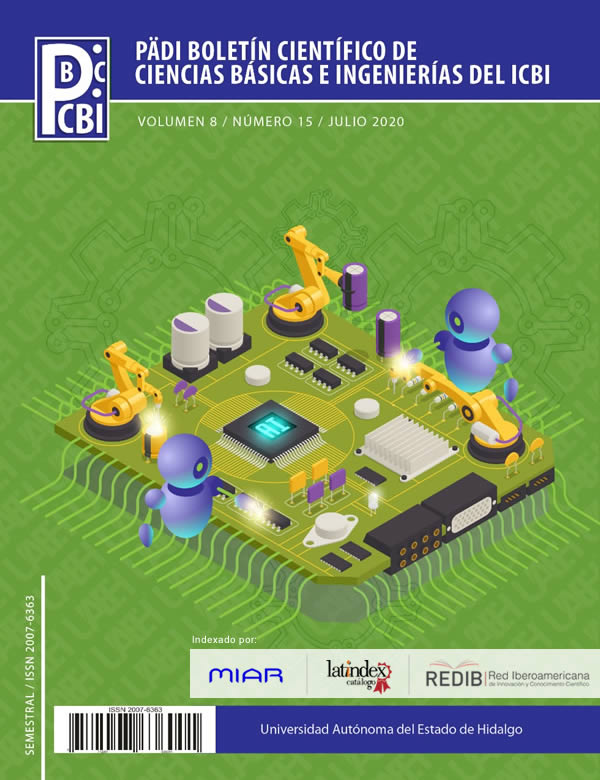Need for a frame of reference to characterize physical thinking: some reflections
Abstract
A series of reflections are presented with the intention of contributing to consolidate a frame of reference that could allow characterizing some aspects of physical thinking. Literature in Spanish and even in English is scarce about it, although there is talk of a scientific thought, a critical thought and even a mathematical thought, it is difficult to find references regarding What should we understand by physical thought? What does it mean to think in terms of physics? The authors consider it pertinent to include topics such as this in the research in physics teaching, since the characterization of physical thinking - if possible - could contribute elements that allow us to understand why it is so complicated for some people to understand physics? The present work, which has mainly informative purposes, is a review of the literature on the subject, and as suggested in the title, it seeks to encourage reflection on the subject.
Downloads
References
Alcubierre, M. (2005). Soy Físico. ¿Cómo ves? No. 78, 10-14.
Aragón, P. y Marín, C. (2010). El pensamiento físico-matemático como un objeto de estudio de la didáctica de la física. En memorias del Congreso Iberoamericano de Educación METAS 2021. Buenos Aires, Argentina.
Chamizo, J. A., & Izquierdo, M. (2007). Evaluación de las competencias de pensamiento científico. Alambique: Didáctica de las ciencias experimentales (51), 9-19.
Espinoza, J. (2015). Eureka enseñanza de las ciencias físicas. Recuperado el 25 de Junio de 2019, de http://www.umce.cl/joomlatools-files/docman-files/universidad/revistas/eureka/revistaeureka_05_07-Leyendo-a_La-Fisica-aventura-del-pensamiento-de-Albert.pdf
Gil, S. (2014). Experimentos de Física usando las TIC y elementos de bajo costo. Editorial Alfaomega: México.
Halbwachs, F. (1976). El pensamiento físico del niño y el sabio. Marfil, Alcoy.
Khun, D. (2011). What is Scientific Thinking and How Does it Develop? In U. Goswami (Ed.), Handbook of Childhood Cognitive Development (Blackwell): New York.
Ossa-Cornejo, C., Palma-Luengo, M., Lagos-San Martín, N., y Díaz-Larenas, C. (2018). Evaluación del pensamiento crítico y científico en estudiantes de pedagogía de una universidad chilena. Revista Electrónica Educare, 22(2), 1-18. doi:http://dx.doi.org/10.15359/ree.22-2.12.
Ramos-Lara, M. (2015). Figuras y entidades pioneras de la física en México. Revista Mexicana de Física E (61), 93-103.
Ramos-Lara, M. (2007). Los ingenieros promotores de la física académica en México (1910-1935). Revista Mexicana de Investigación Educativa, 12(35), 1241-1265.
SEP. (2018). SECRETARÍA DE EDUCACIÓN PÚBLICA. Recuperado el 27 de Junio de 2019, de https://www.dgb.sep.gob.mx/informacion-academica/programas-de-estudio.php
Smith, A. (1936). Physics as a Way of Thinking. Law Journal, 241-259.
Tanamachi-Castro, G., & Ramos-Lara, M. (2015). La escuela nacional de ingenieros y las ciencias físicas en los albores del siglo XX. Revista Mexicana de Investigación Educativa, 20(65), 557-580.
Zimmerman, C., y Klahar, D. (2018). Development of scientific Thinking. En J. T. Wixted (Ed.), Handbook of Experimental Psycology and Cognitive Neurosciences (Fourth ed., págs. 1-25). John Wiley & Sons. doi:10.1002/9781119170174.epcn407













